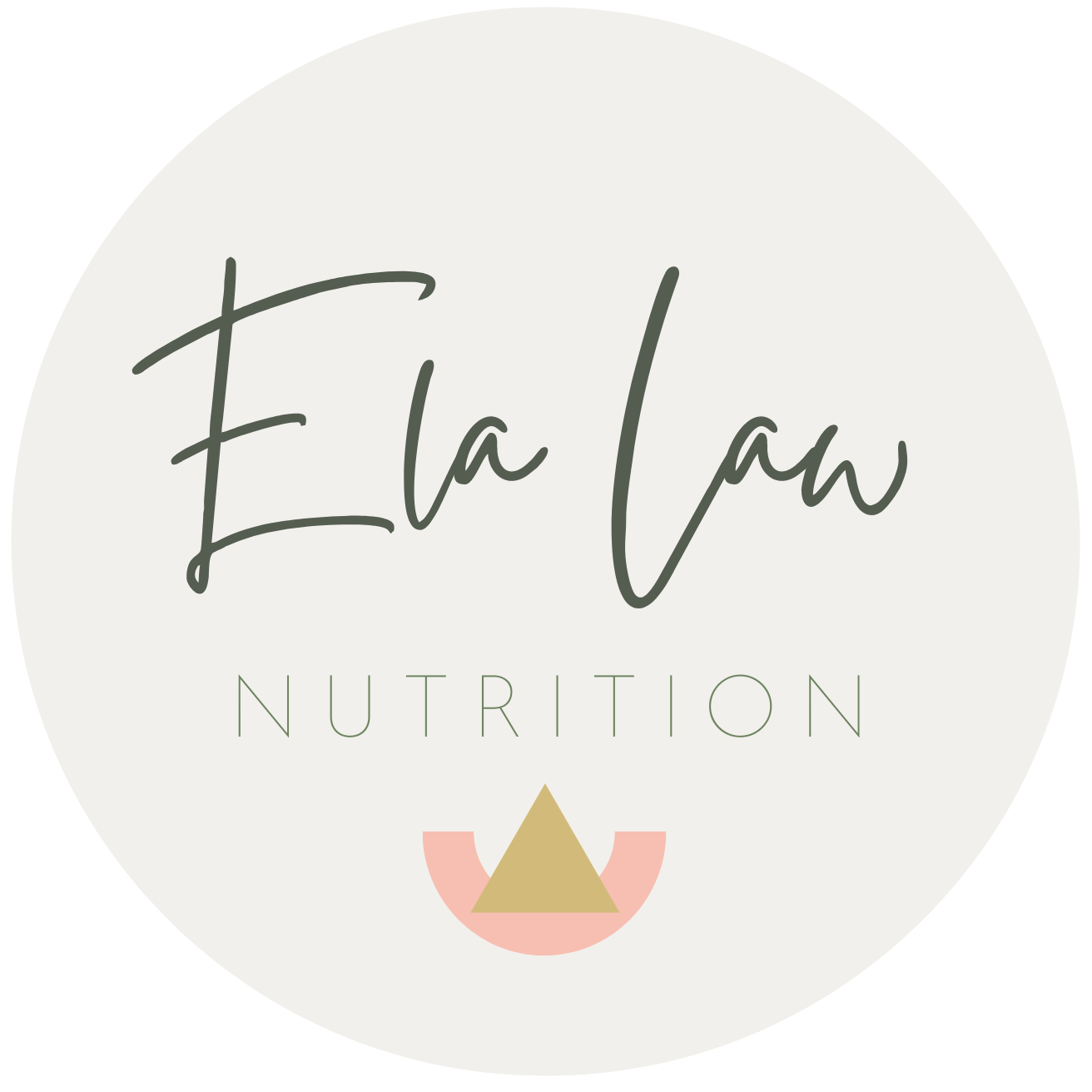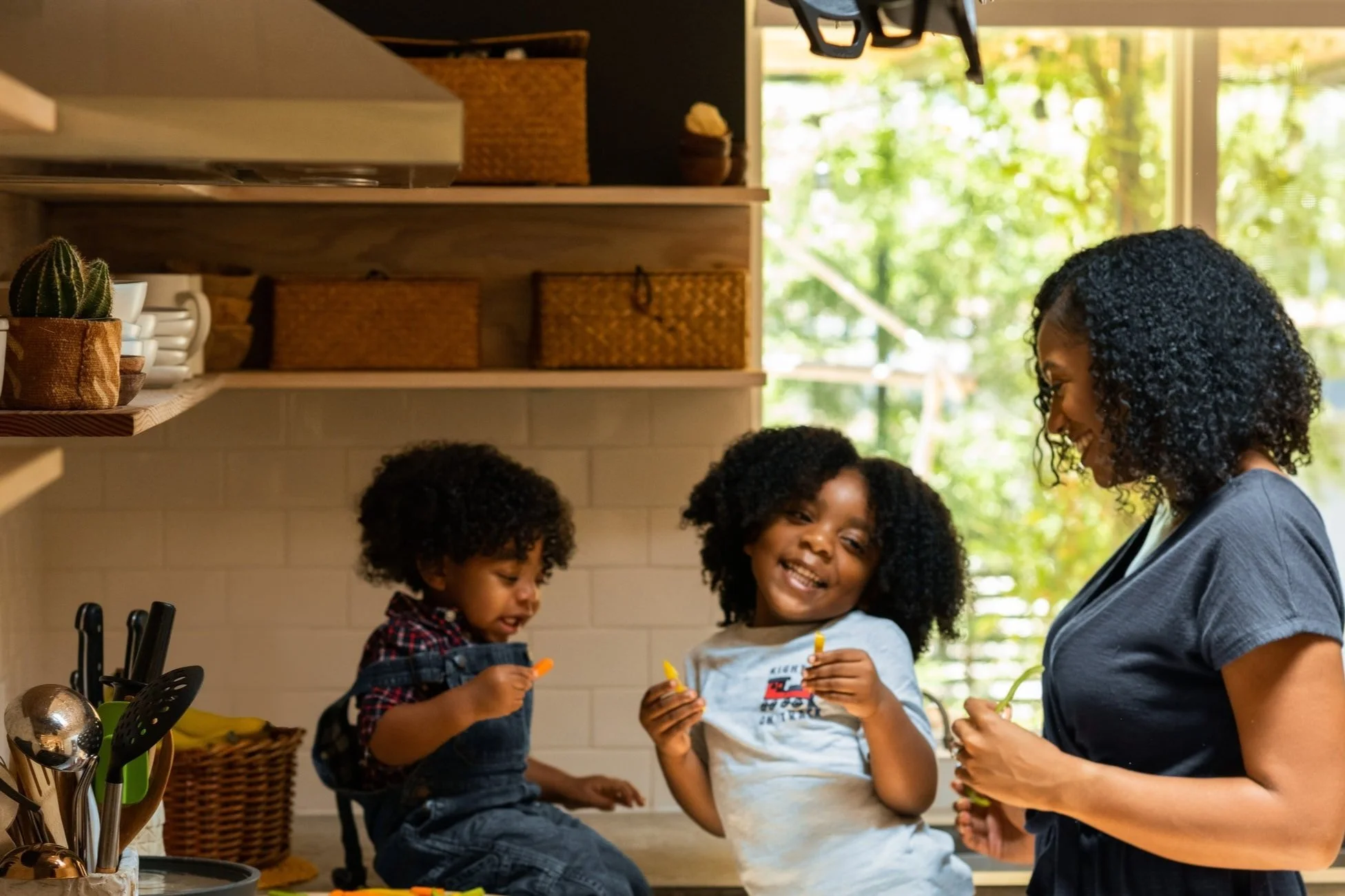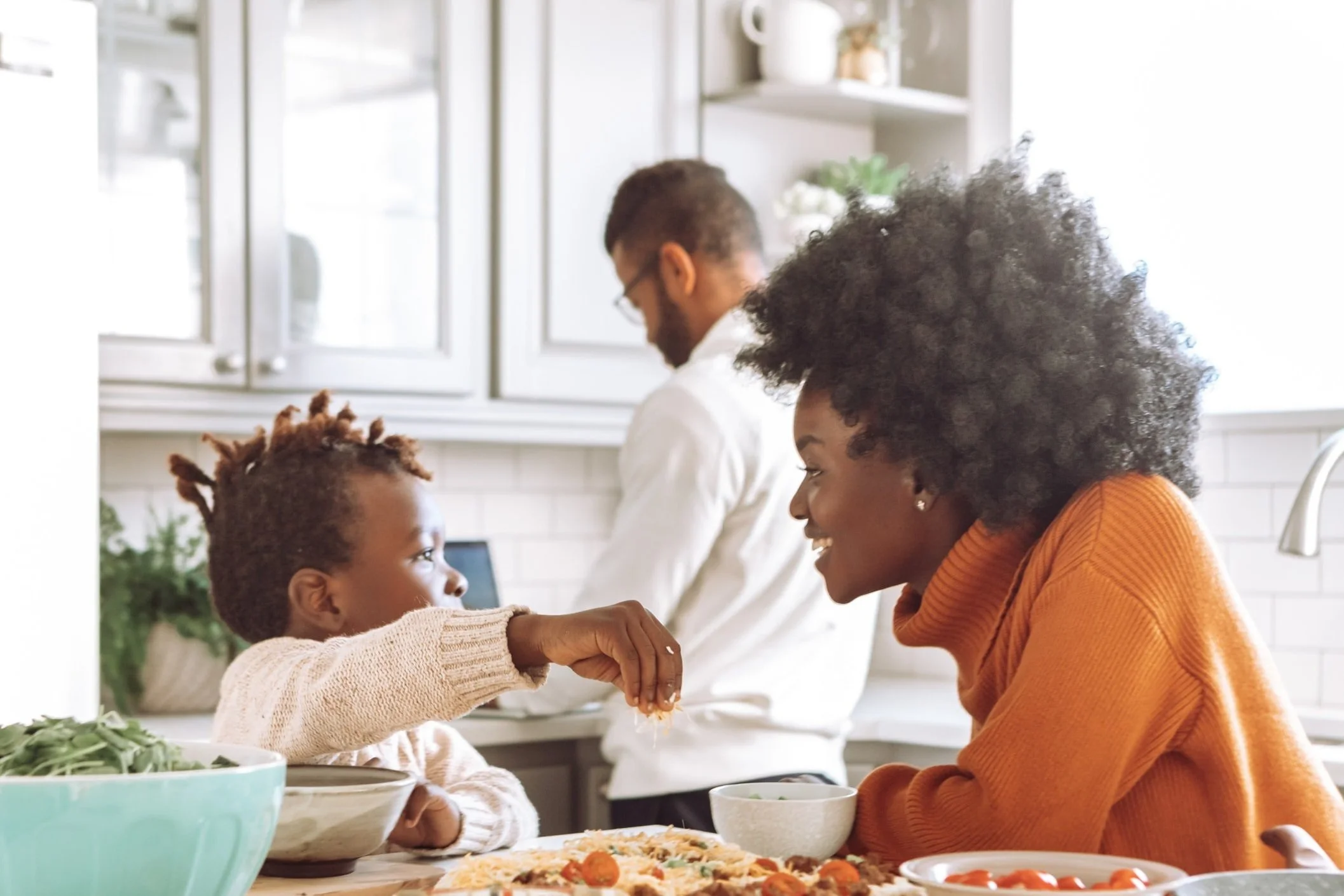Are you a good role model?
Who and what is a role model?
A role model is described in the dictionary as ‘a person looked to by others as an example to be imitated.’
Anyone can be a role model, but I would say that is especially true for someone who has others looking up to them: e.g. a parent, a partner, a teacher, a carer, a community leader, a healthcare provider, a celebrity, or a social media ‘influencer’.
Your behaviours and the beliefs you share as a role model will be interesting and compelling to those looking up to you, and things people might want to copy to be a little more like you!
Often, we aren’t even aware that we are role models, or we are too wrapped up in our own lives to consider what effect our actions and reactions can have on others.
Why is role modelling important?
From birth, babies learn about the world from the people who look after them: they copy facial expressions, sounds and movements. Once they get older and understand language, they will pick up on how to speak and what to say, how to act, how to feed themselves, etc. As teenagers and adults, we tend to choose our role models from our peer groups, celebrities and influencers, but they will be mixed up with the things we learned from our parents in our early years.
Unfortunately, the role models we choose aren’t always the ones that are the most helpful for us. For example, trying to follow the latest celebrity diet might lead to disordered eating for us, rather than make us look and be like the famous person in question. Or the ‘cool girl’ in class that takes drugs every Saturday night might also not be the person you want your teenager to emulate.
What behaviours should I model?
This is a tricky one, because obviously what you choose to role model depends on your own beliefs and experiences.
But with a bit of consideration and thought you can make sure your ‘followers’ get a message that isn’t harmful to them.
I would advise in general to focus on the concept of ‘do no harm’ and really consider the consequences your actions and messages can have for others. Positivity and inclusiveness are always a good starting point!
What behaviours and messages could be harmful?
As a nutritionist and intuitive eating counsellor I will give you a few examples relating to role modelling food and eating behaviours:
- Diet advice and promotion: you may be tempted to show before and after pictures, tell people about how a particular diet is working for you and how much weight you lost doing it. Hold your horses: firstly, what works for one person doesn’t necessarily work for everyone; the initial effects might not last (unfortunately the case for 95%+ diets), someone with an eating disorder, disordered eating or anxiety/depression might be triggered into very harmful beliefs and behaviours. Do what you have to do for yourself, but be careful what you promote
- Language around food and body: use the saying ‘If you don’t have anything nice to say, don’t say anything’ when it comes to body bashing and weight shaming. That goes for how you talk to yourself as well as how you talk about, or to, others. Be particularly careful when using negative language about your body and food around children. They are like sponges and will easily pick up terms like ‘I have been bad, I ate…’, ‘I look awful in this’, ‘You got a big belly’ or ‘She should really stop eating XYZ’. In the long run this can lead to disordered eating behaviours, body dissatisfaction and even eating disorders in children (as well as adults).
- When you have little ones, explore your reactions to food: do you show disgust, dislike or unwillingness to try new foods or are you modelling what you want your children to do: be open to new flavours and dishes, be polite and curious? Watch your body language as well, sometimes what we don’t say speaks louder than words!
How role modelling can have a ripple effect
As a positive role model, your messages and behaviours get adopted and emulated, which means that the people copying you can themselves become role models. An example of a positive role modelling ripple effect: You are in a peaceful relationship with your weight and body and show your child that you are comfortable the way you are. You say nice things about yourself and your body in front of your child. Your child then takes these positive messages on board and is likely to also have a good relationship with their own body. This, in turn, could lead to them showing kindness to another child who doesn’t feel they fit in or is getting bullied for their appearance.
Another example would be setting your own boundaries when it comes to dieting. In a restaurant you choose what you really fancy rather than what you think you ‘should’ eat or your friend has ordered and you really enjoy your meal. That is showing anyone around you that you aren’t afraid of enjoyment, and that you listen to your body to give it what it needs.
While role modelling can feel like a big responsibility, by focussing on the two principles of ‘doing no harm’ and not saying anything if we don’t have anything nice to say, you are likely to make a positive impact on others. Being mindful about how your actions and reactions can be used as examples will also help you become more considerate.
It all starts with paying attention!
Look after yourselves and your loved ones,
Ela x



